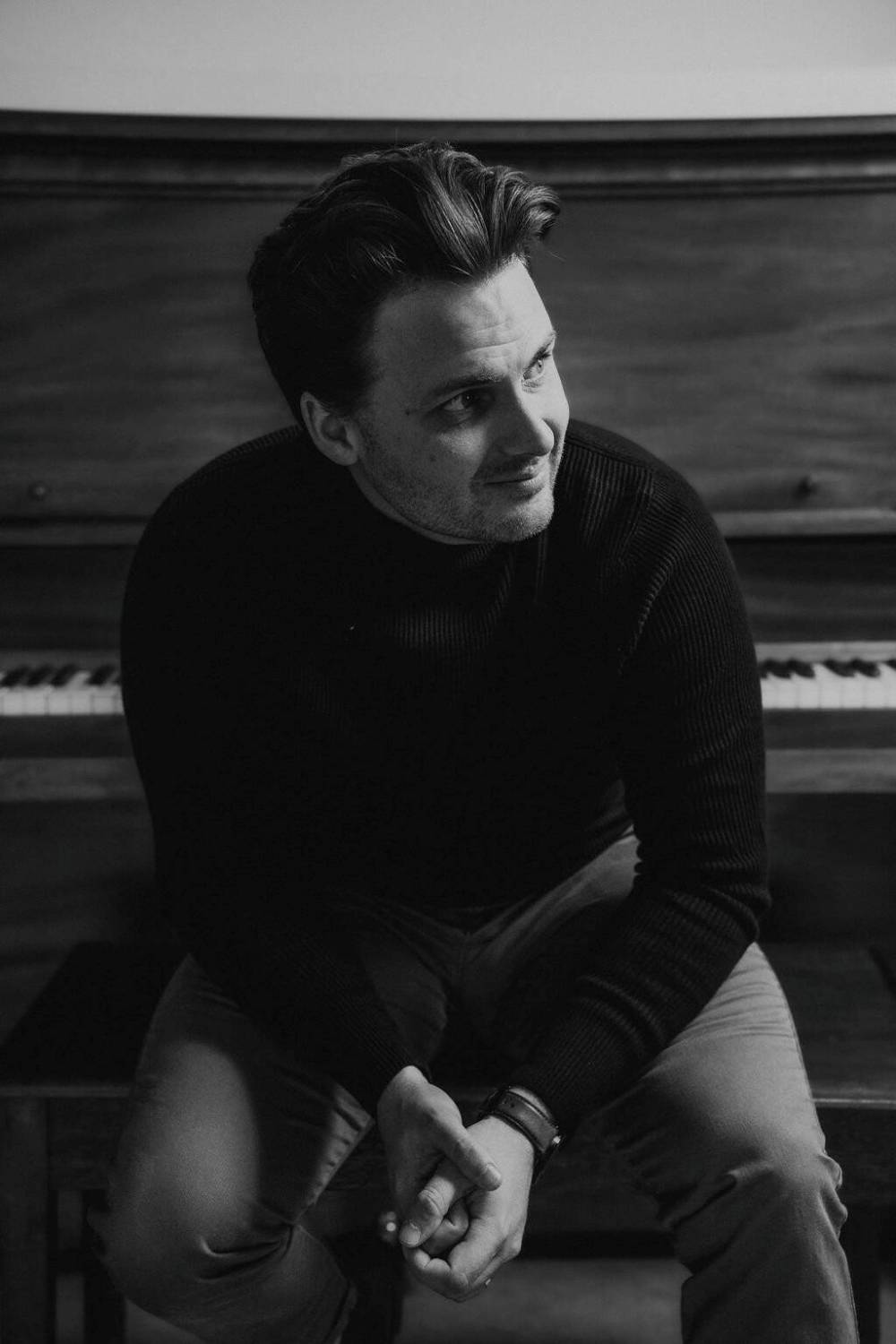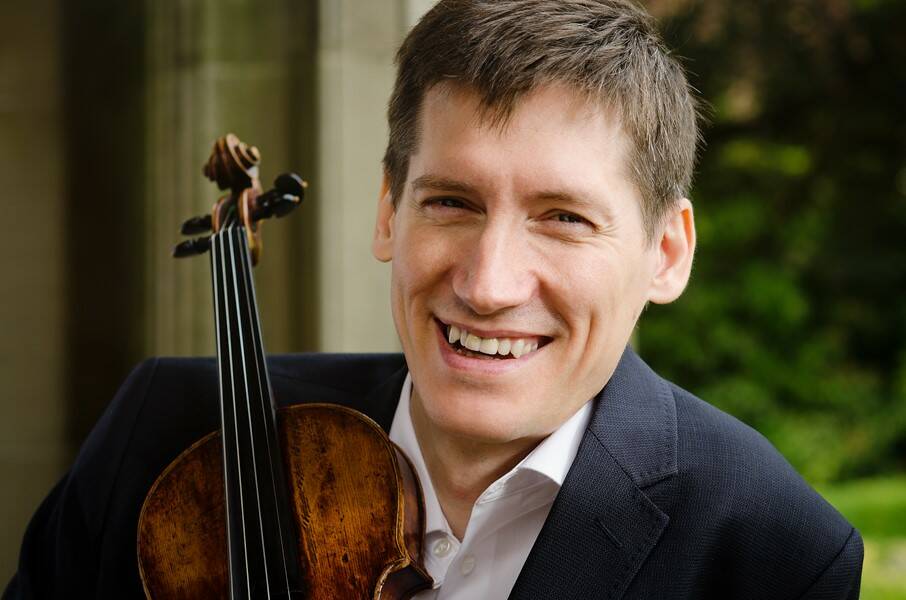Going for baroque at eclectic three-week fest
Advertisement
Read this article for free:
or
Already have an account? Log in here »
To continue reading, please subscribe:
Monthly Digital Subscription
$0 for the first 4 weeks*
- Enjoy unlimited reading on winnipegfreepress.com
- Read the E-Edition, our digital replica newspaper
- Access News Break, our award-winning app
- Play interactive puzzles
*No charge for 4 weeks then price increases to the regular rate of $19.95 plus GST every four weeks. Offer available to new and qualified returning subscribers only. Cancel any time.
Monthly Digital Subscription
$4.99/week*
- Enjoy unlimited reading on winnipegfreepress.com
- Read the E-Edition, our digital replica newspaper
- Access News Break, our award-winning app
- Play interactive puzzles
*Billed as $19.95 plus GST every four weeks. Cancel any time.
To continue reading, please subscribe:
Add Free Press access to your Brandon Sun subscription for only an additional
$1 for the first 4 weeks*
*Your next subscription payment will increase by $1.00 and you will be charged $16.99 plus GST for four weeks. After four weeks, your payment will increase to $23.99 plus GST every four weeks.
Read unlimited articles for free today:
or
Already have an account? Log in here »
Hey there, time traveller!
This article was published 29/03/2025 (285 days ago), so information in it may no longer be current.
“He was a madman,” says oboist Caitlin Broms-Jacobs about 17th-century composer Jean-Baptiste Lully.
“They used to conduct with these huge walking sticks, which they pounded on the floor, but he got really angry and accidentally pounded it into his foot. And then he died from gangrene. It seems to be the only thing that people know about him. It’s almost like nobody’s even heard his music, right?”
Well, Winnipeggers will soon have a chance to hear the exceptional Lully — a pioneering madman in the worlds of French opera and courtly dance — during the Winnipeg Baroque Festival, which begins tomorrow and runs until April 19.

SUPPLIED
Winnipeg Baroque Festival artistic co-ordinator, tenor Nolan Kehler, will also be performing in Dead of Winter’s April 6 concert, entitled Polyphony Meets Prairies.
Broms-Jacobs’ Fierbois duo (which also includes pianist Madeline Hildebrand) performs Lully and others with guests flutist Jan Kocman and Kathryn Brooks at Love and Madness on April 17 at the Canadian Mennonite University’s Laudamus Auditorium.
The concert’s eclectic nature, which includes baroque megahits and deep cuts alike, reflects the spirit of the festival.
Big guns such as Bach, Monteverdi and Vivaldi all figure heavily into the three-week festival, which also explores the fresh, the way-old and the overlooked.
This includes music by Mexican Indigenous composers such as Manuel de Zumaya and Geronimo Gonzales; medieval mystic, polymath and proto-feminist Hildegard of Bingen; and Winnipeg’s own Andrew Balfour.
“(The festival) strives to build a sense of community (by) celebrating music from the past and showcasing it in exciting and new perspectives,” says Balfour, artistic director for the Dead of Winter choir, which plays a heavy role in organizing the festival’s logistics.
Not all the music featured over the festival’s 15 concerts, which brings together some of the city’s best-known ensembles, is from the 17th- and 18th-century baroque era.
Dead of Winter’s April 6 show, entitled Polyphony Meets Prairies, incorporates Balfour’s Indigenous oratorio Waa Waa Steewak, weaving it through a program that also draws on Indigenous Mexican baroque composers.
“These composers that were influenced by the colonizing Spanish, they were taught the polyphonic style and it’s something that lasted a little bit longer in Central America (than in Europe),” says the festival’s artistic co-ordinator, tenor Nolan Kehler, who will perform at the concert.
The way these composers interpreted the European styles was specific to their milieu and artistic personalities, says Kehler. The pairing with Balfour’s music makes a lot of sense, given his original blend of baroque and Indigenous influences.
Festival attendees will see many of the same faces and voices in different ensembles.

SUPPLIED
Karl Stobbe, one of Canada’s most accomplished violinists, is slated to join Berlin pianist Benjamin Moser to present The Goldberg Variations Plus and A New Take on an Old Mystery at the Winnipeg Baroque Festival on April 14 and 16, respectively.
Broms-Jacobs, for instance, is also one of the guest soloists at the Manitoba Chamber Orchestra’s Solace on April 9. It’s a role she shares with Aisslinn Nosky, the illustrious baroque musician — “Toronto’s Eric Clapton of the violin” as per the Toronto Star — best known for her work with the period baroque ensemble Tafelmusik.
The overlaps pile up fast when you start glancing over the festival’s choral concerts, which make up the bulk of the festival.
Winnipeg is a well-known choral town, a fact that owes a great deal to a strong Mennonite presence. The local attraction to the baroque isn’t just about its roots in religious German composers such as old JS Bach.
It also has to do with its “polyphonic” nature — a term meaning many melodies or many voices — which makes choirs a natural vehicle for baroque music.
Broms-Jacobs says there’s a special sincerity to the way Manitoban musicians approach baroque music rooted in the province’s Mennonite and choral traditions.
“For years, we had these incredible concerts that were essentially collaborations between Henry Engbrecht, Canzona and Eric Lussier,” says Broms-Jacobs.
Lussier was a highly regarded harpsichordist and baroque specialist who died in 2023. Conductor Engbrecht, a legendary figure in the city’s choral scene, founded Canzona (which performs Bed, Bach and Beyond on April 12) in 1989, though has since retired.
“And Henry, of course, has this amazing understanding of how to play and sing Bach that comes from his Mennonite tradition. I mean, he’ll tell you that he grew up singing Bach and German hymns in a wooden church somewhere in Manitoba.”
Winnipeggers can enjoy another one of Canada’s most accomplished violinists in Karl Stobbe, who has recorded two albums featuring the music of Bach.
Stobbe joins Berlin pianist Benjamin Moser on April 14 and 16 for The Goldberg Variations Plus and A New Take on an Old Mystery, respectively.

SUPPLIED
Fierbois includes pianist Madeline Hildebrand and oboist Caitlin Broms-Jacobs.
The second concert presents a special rearrangement of Heinrich Ignaz Franz Biber’s Rosary Sonatas, while the first concert focuses on the titular variations.
Penned according to legend as a sleep aid for a Russian count, the variations are anything but, bursting to life after their lullaby-like opening. Bach’s failure to satisfy the count spelled one of his crowning achievements.
With Manitoba musicians producing so many Bach concerts and baroque records, the question (and pun) is hard to resist: how to ensure it never starts sounding a little like a broken record?
Broms-Jacobs says “the baroque fest is so interesting because it’s got so many different ensembles,” many of whom, she adds, take the creative liberty of performing on more-modern instruments where it fits.
“There’s also a huge variety within baroque. And even though it’s very ancient, there’s something still so relevant you can’t always put your finger on. It’s ‘forever’ music,” she says.
conrad.sweatman@winnipegfreepress.mb.ca

Conrad Sweatman is an arts reporter and feature writer. Before joining the Free Press full-time in 2024, he worked in the U.K. and Canadian cultural sectors, freelanced for outlets including The Walrus, VICE and Prairie Fire. Read more about Conrad.
Our newsroom depends on a growing audience of readers to power our journalism. If you are not a paid reader, please consider becoming a subscriber.
Our newsroom depends on its audience of readers to power our journalism. Thank you for your support.

